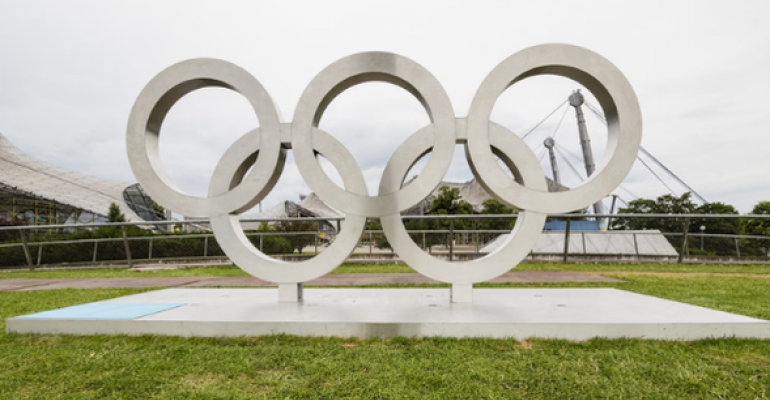
Now the Party’s Over
Yep, I’m a sucker for the Olympics, watching teary-eyed as incredible human beings perform at the highest level. While in progress, enthusiastic applause is the appropriate response to the Games (and still is, for those athletes who performed well), but now they are over, a more sober post-mortem begins.
To what extent the Rio Games were a success is a debate that will run for some time. How did it compare as a spectacle with previous Games? Was Rio up to it, economically and administratively? What will be the ‘legacy’ for Brazil? Also, what sports should feature in the Olympic programme? Apparently skateboarding, surfing and climbing are to be included at Tokyo, which looks like a terrible idea to me. The Olympics is self-aggrandizing, seeking to suck up all of sport into one dominant whole. But for me this dilutes the value of the Games. I’d prefer an Olympics in which only those sports for which the Olympics is the undisputed pinnacle of achievement were admitted. So golf, tennis and football would be out straight away. I’d reduce the number of swimming events, and some of the cycling. The focus should be athletics, buttressed by the other sports in which some other title isn’t more significant than the Olympic one.
Politics tends towards sleaziness, because of the way power tends to corrupt; but sports politics exaggerates the sleaze. Organisations like the IOC and FIFA want to be seen as quasi-states, with their anthems and presidents and committees. And they can wield considerable power (as with Olympic Rule 40). These organisations want to keep aggregating power and prestige and cash – which is why the Olympics keeps adding sports to its programme that shouldn’t be there, and allowed a discredited Russian team to compete, and is always shrouded by the whiff of corruption.
In all this the IOC is simply reflecting (or magnifying) the human tendency for overreach. It is the same tendency identified in the story of Babel – “Let us make a name for ourselves” – it is the failure to recognise when enough is enough.
I’m currently preparing for a teaching series on James we’re planning on doing at Gateway next month. James is an extended warning against hubris – even the hubris of trying to map out a teaching programme:
Come now, you who say, “Today or tomorrow we will go into such and such a town and spend a year there and trade and make a profit” – yet you do not know what tomorrow will bring. What is your life? For you are a mist that appears for a little time and then vanishes.
James warns us against worldly ways of thinking and acting, and to recognise our dependence on God. No one is going to be given a medal for living this way, but, like the farmer waiting for a harvest (Jas.5:7) there will be a more lasting reward. When the party is over, it is good to remember this.